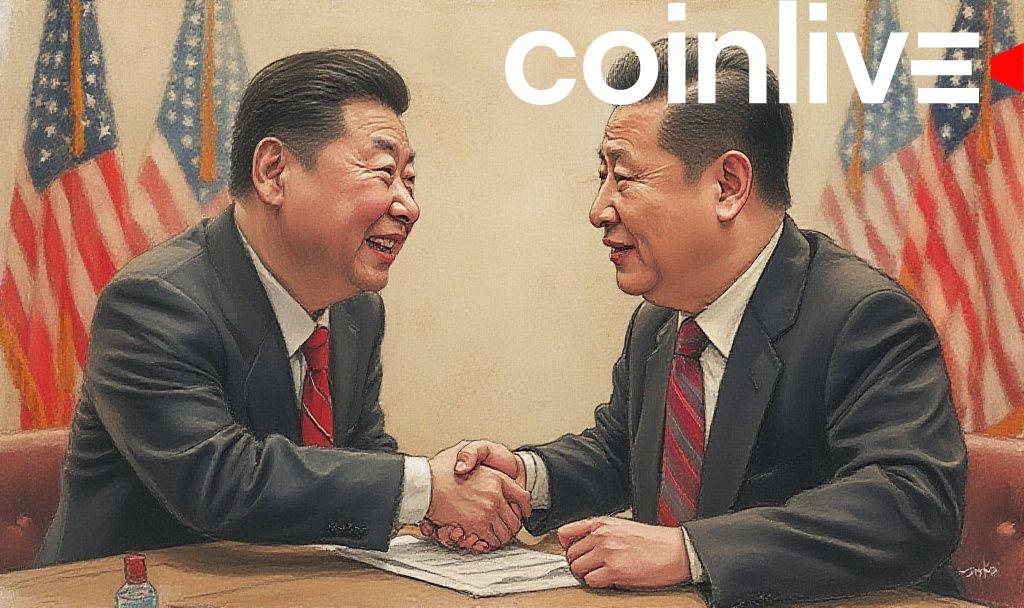- Trade negotiations between U.S. and China show progress.
- Positive impacts on global economic stability.
- Potential reduction in trade tariffs expected.
Productive trade negotiations between the U.S. and China could influence global economic stability, with potential easing of tariffs benefiting international trade.
The renewed dialogue between U.S. and China marks an important step towards rebalancing trade relations. Trade tariffs have heavily impacted both sides, leading to increased consumer costs. Recent talks suggest a softening in these tensions, aiming for resolution.
Positive Developments in Trade Talks
U.S. officials including Scott Bessent and Jamieson Greer expressed optimism, highlighting a constructive atmosphere. Chinese Vice Premier He Lifeng confirmed consensus on key issues, indicating potential progress towards normalizing trade practices.
He Lifeng, Chinese Vice Premier, noted significant progress and consensus achieved during the talks.
Immediate Effects and Future Implications
Immediate effects of these talks could include reduced trade barriers, fostering better economic conditions. Easing tariffs may result in lower costs for consumers and increased confidence in international markets, impacting global trade dynamics positively.
Anticipated outcomes might include financial market stability and a possible boost in global trade. Past trade disputes from 2019-2020 showed similar resolution attempts but mixed results in market normalization, highlighting the delicate nature of such negotiations.
Long-term impacts may affect various financial and technological sectors. With potential reductions in tariffs, industries might see improved profit margins, supported by historical patterns of easing trade tensions resulting in economic growth and increased investment.
